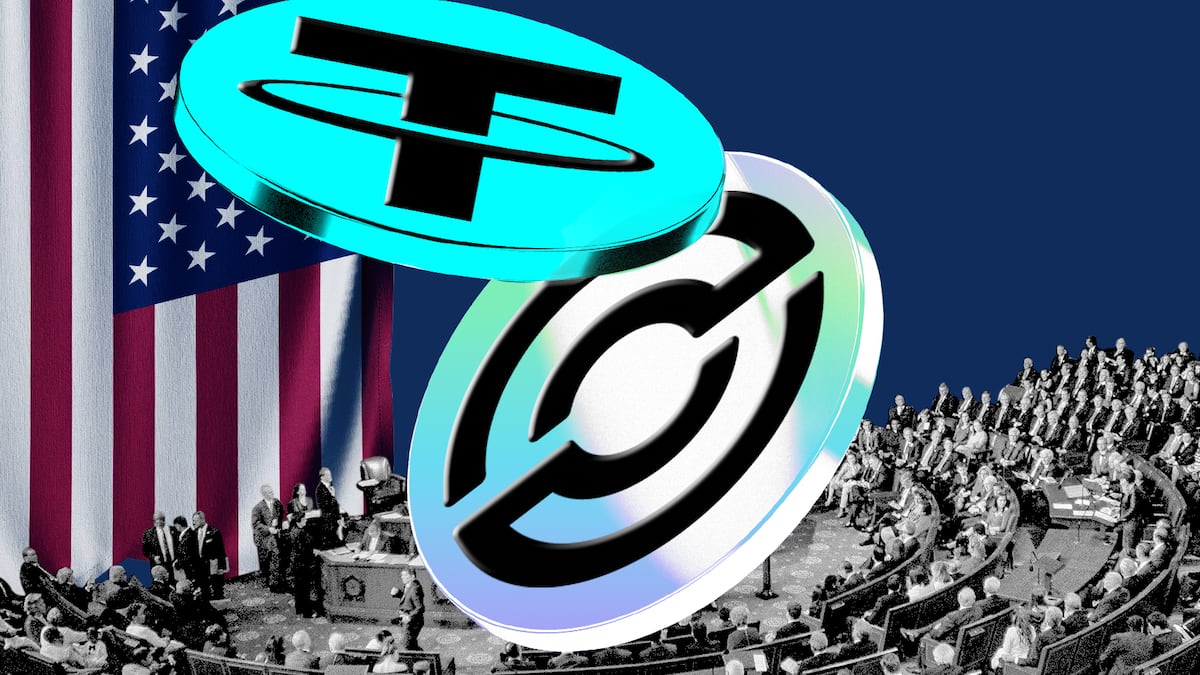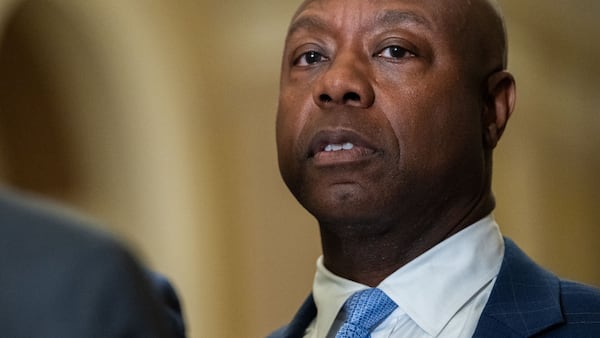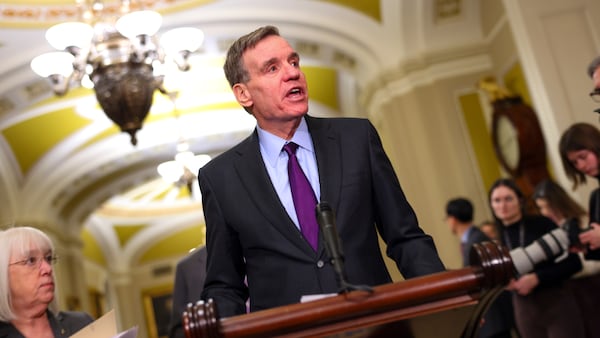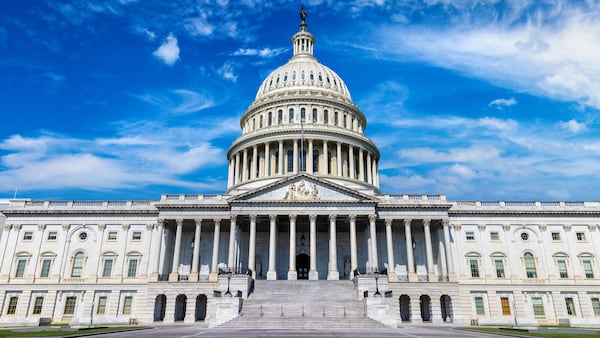- Adding consumer protections improves bill's chances for approval.
- Democrats appear ready to back Genius Act in home stretch.
- The bill may pass before the August recess.
A version of this story appeared in our The Guidance newsletter on June 2. Sign up here.
With the US Senate returning from a recess on Monday, all eyes will turn to the most important legislative development in the crypto industry’s history — passage of the Genius Act.
The landmark stablecoin bill is on a fast-track to be approved thanks to a 66-32 vote on May 19 that drew crucial support from Democrats.
There’s a good chance the bill, which is designed to register and regulate US dollar-backed stablecoin issuers, will get the green light and head for the House of Representatives by the summer recess in August.
New version
But to win over Democrats and a couple of sceptical Republicans, the bill now looks quite different from its original iteration in March.
At that time it drew fire from Senator Elizabeth Warren and other colleagues for failing to protect consumers, the financial system, and even national security from potential risks.
Indeed, the opposition was strong enough to sink the bill’s initial bid for fast track status in early May.
So how has this bill, which is poised to galvanise the $250 billion stablecoin sector, changed?
For starters, lawmakers have beefed up federal protections for consumers by applying existing laws for financial products to stablecoins, according to a memorandum released by Senate Democrats.
These protections will be enforced by the Federal Trade Commission, and the Consumer Financial Protection Bureau, the latter of which has been targeted for closure by the Trump administration and its Republican allies. The crypto industry has criticised the CFPB’s watchdog role.
Full faith
The Genius Act will also prohibit stablecoin issuers from claiming that their offerings are protected by the Federal Deposit Insurance Corporation, or FDIC, which guarantees up to $250,000 for depositors should their lenders fail.
To prevent issuers from pretending their stablecoins are endorsed by the “full faith and credit” of Washington, the legislation bars stablecoin issuers from using terms such as “United States,” “US,” or “USG” in their branding and marketing.
What’s really notable is how the bill has become an exercise in bipartisanship in a political climate marked by polarisation. Democratic senators Ruben Gallego of Arizona and Mark Warner of Virginia flipped back to yes votes after the modifications were made.
High vote count
Warren still opposes the legislation because it has not addressed what she says is a conflict of interest on the part of President Donald Trump.
The Trump family’s crypto ventures, including a stablecoin with a market value of $2.2 billion, have drawn fire from Democrats and governance experts as “open corruption.”
Given the high vote count across the aisle, it looks like the Genius Act is in the home stretch toward passage in the weeks to come.
Edward Robinson is the story editor for DL News. Contact the author at ed@dlnews.com.









